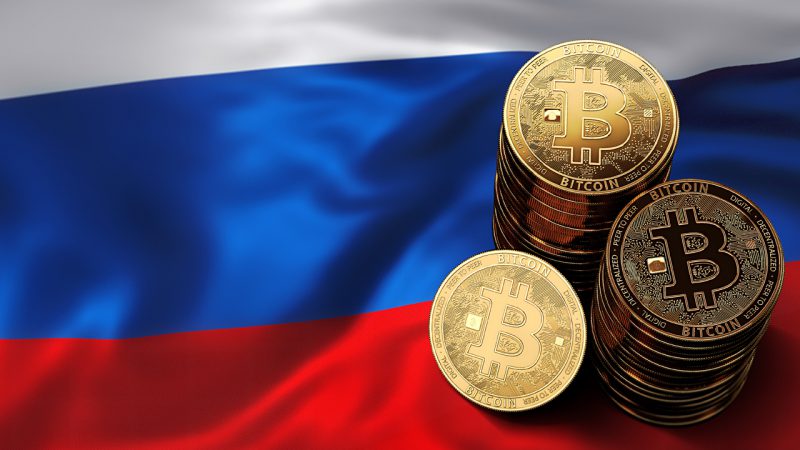No, Coinbase is not planning to ban the whole of Russia from its platform, clarifies the CEO of the centralized cryptocurrency exchange in detail.
The cryptocurrency market was witnessing high volatility and many analysts are dumbstruck about the short-term movement of the asset. The major reason for this volatility was the ongoing conflict between Russia and Ukraine, which saw intensified use of cryptocurrencies from both countries. Russia is threatening a nuclear attack and the world wants to handicap it from moving forward. Cutting off its access to cryptocurrencies was one such move but many from the crypto-side of the world are not on board with this idea.
Suffering is for citizens, war, for Oligarchs
Until now we have heard from stalwarts in the space about maintaining the ethos of cryptocurrencies. Therefore, surrendering to government or governments around the world was not something they want to do. The latest take comes from Brian Armstrong, Coinbase CEO, who believes “everyone deserved access to basic financial services unless the law says otherwise.”
The pain and suffering in Ukraine cannot be ignored but at the same time, this gratuitous war was hurting the Russians as well. While the oligarchs are comfortably barking out orders, the civilians were wandering ATM to ATM to try and withdraw cash amid heavy sanctions. With Ruble falling to a new low, the citizens of Russia were also looking at cryptocurrencies to get through the time of war.
Armstrong voiced concern for these citizens and stated,
“Some ordinary Russians are using crypto as a lifeline now that their currency has collapsed. Many of them likely oppose what their country is doing, and a ban would hurt them, too.”
However, he also elucidated,
“That said, if the US government decides to impose a ban, we will of course follow those laws.”
But what about the oligarchs using crypto to evade sanctions?
As per the Coinbase CEO, this was not a high risk. He elaborated in a tweet,
“We don’t think there’s a high risk of Russian oligarchs using crypto to avoid sanctions.”
He added,
“Because it is an open ledger, trying to sneak lots of money through crypto would be more traceable than using U.S. dollars cash, art, gold, or other assets.”
Which were something even other exchanges and the National Security Council’s director of cybersecurity Carole House also noted. As per the director, the scale that Russia would need to circumvent all the financial sanctions “would almost certainly render cryptocurrency as an ineffective primary tool for the state.”
As Armstrong clarified this false narrative, he added,
“we are not preemptively banning all Russians from using Coinbase. We believe everyone deserves access to basic financial services unless the law says otherwise.”
How do sanctions work?
While the government and authorities were monitoring the role of crypto as a means of evading sanctions, it was more complex and fundamentally misunderstood. As Head of Policy and Lawyer, Jake Chervinsky explained that the US sanctions are authorized by the President in an executive order or by Congress in litigation.
After which, the Office of Foreign Assets Control [OFAC] designated specific targets for sanctions which could be individuals, companies, or even governments which can be viewed in the Specially Designated National and Blocked Persons [SDN] list. It is to be noted that the goal of the sanction was to deprive SDNs access to the US economy by making it illegal for US persons to transact with them.
“The US & our allies have imposed severe sanctions on Russia as punishment for invading Ukraine & to deter further aggression.
These sanctions aren’t comprehensive. They’re targeted at Putin, his oligarchs, the government, & other state entities.”
He further noted,
It’s the small things that hurt the most and these sanctions will make it difficult for Russian SDNs to interact with any financial body even if they use bitcoin.
You can find more information about how the US sanctions work here.
Russia, Ukraine, and Crypto
The panic with Russia is real. However, once again more misinformation is being peddled about cryptocurrencies and the associated businesses that were trying to aid Ukrainians and the hurting citizens of Russia alike.





